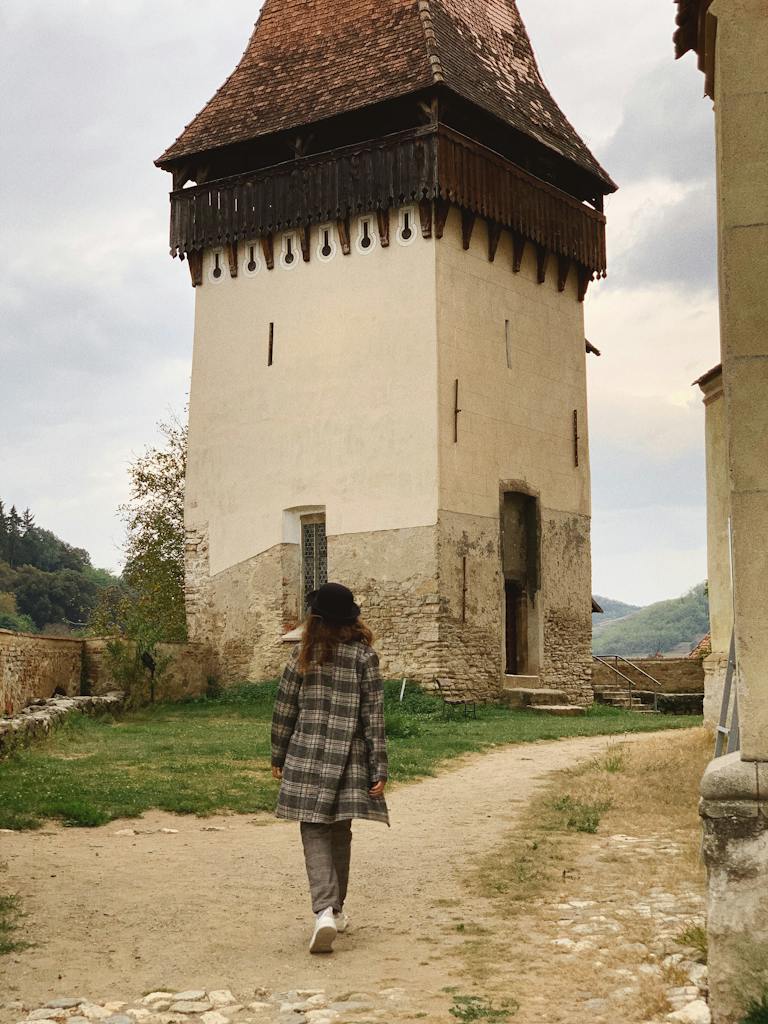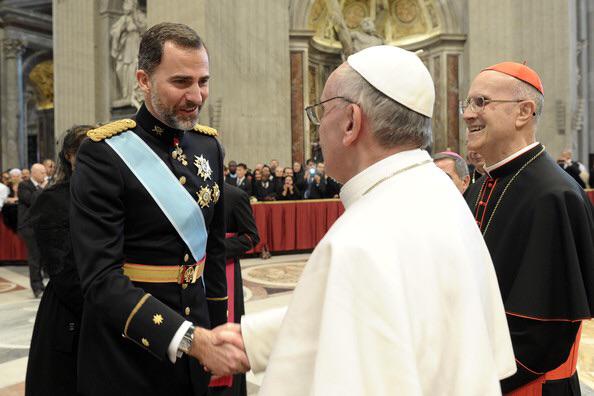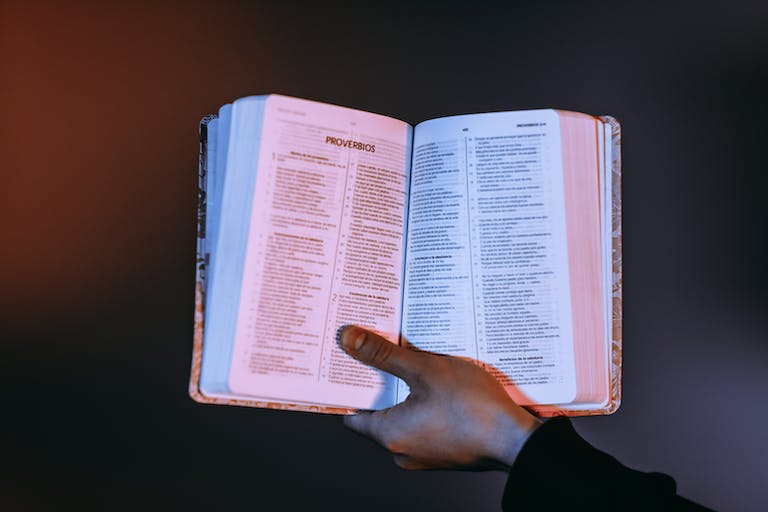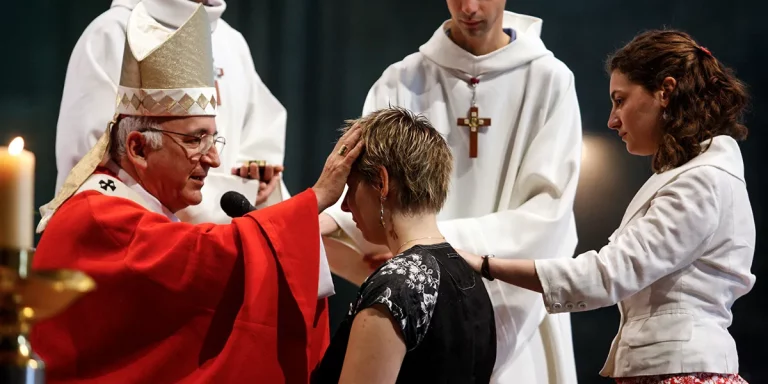Catholic prayers for the dying
As a pastor caring for those nearing the end of earthly life, I am often asked about prayers and rituals in the Catholic tradition that can bring comfort and meaning. In this post, I will provide an overview of some of the most common and significant Catholic prayers for the dying and those grieving the loss of a loved one. My aim is to educate and inspire hope, not prescribe any particular course of action, as each personal journey is unique.
What Prayers Offer the Dying
Prayer connects us to God in times of need and reminds us that we do not walk alone, even through the valley of death’s shadow. The act of praying or having prayers offered for one’s spirit as the body fails provides several meanings and functions essential for the dying.
First, hearing prayers recited aloud directs the mind toward God even amid physical distress. Familiar words and rituals turn one’s thoughts toward eternal spiritual realities versus merely earthly pain or anxiety. This orientation toward the divine nurtures peace and courage to pass through the final portal.
Second, prayers reinforce belief in ongoing communion between the living and the dead in Christ. As Christians, we profess faith in “the communion of saints”- that death does not separate believers but rather ushers one into the very presence of God. Praying for and over a dying person solemnly affirms this mystical union.
Finally, the content of many traditional Catholic prayers for the dying or deceased invokes God’s mercy and will, protection on the journey ahead, and hope of resurrection into new life. The words transmit a blessing and invite one to surrender themselves to divine care with trust, letting go of mortal bonds.
Key Catholic Prayers for the Dying
“My dear [name], I commend you to almighty God and entrust you to your Creator. May you return to the One who formed you from the dust of the earth. May Mary, the holy angels and all the saints come to meet you as you go forth from this life. May Christ who was crucified for you bring you freedom and peace.”
“Merciful Jesus, friend of the sick and dying, comfort [name] in this final hour. Receive [him/her] into your arms and grant [him/her] peace. Release [him/her] from all pain and anxiety. Unite [him/her] fully to yourself in your death and resurrection. Let [him/her] wake to dwell forever in your glory and abide in your risen life. We ask this in faith, through Christ our Lord. Amen.”
“Lord Jesus, as you stood by the bed of good Saint Joseph and gently led him home to heaven, so shepherd [name] from this world to yourself. As [name]’s strength diminishes, increase [his/her] faith and hope in you. Remove all fear and anxiety, that [he/she] may rejoice to behold your face. Lead [him/her] safely through death’s dark passage to live fully in your presence forever. We ask this in your name, Jesus. Amen.”
Several classic Catholic prayers commonly feature in end-of-life rituals. These petitions and texts have offered solace to the dying and grieving for centuries. While any heartfelt plea or words from Scripture may serve, some time-honored standards include:
The Lord’s Prayer: Praying the Our Father connects one to the words Jesus himself taught as a most basic yet profound petition for God’s will, provision, pardon, and protection. Praying this over the dying reminds of Christ’s presence and promise of eternal home in God’s kingdom.
Hail Mary Prayer: This prayer honors Mary as the heavenly Mother of Jesus and our mother too, asking her intercession to “pray for us sinners now and at the hour of our death.” Reciting this bedside reminds the dying that Mary walks with us and will welcome us into paradise.
Psalm 23: “The Lord is my shepherd…” is perhaps the most universally beloved passage of Scripture. Praying or singing all or a portion of Psalm 23 gives poetic expression to trust in God’s goodness and faith that God leads us gently through death’s darkest valley into the green pastures of renewed life.
Divine Mercy Chaplet: This relatively recent yet increasingly popular devotion pleads God’s mercy upon the dying and dead. Through his visions, St. Faustina revealed Christ’s wish that we implore his mercy, the abyss of which overcomes all sin. Praying this at one’s deathbed or for souls in grief or purgatory fittingly asks mercy.
Apostolic Pardon: The Apostolic Pardon is a powerful, official prayer of blessing and forgiveness traditionally given by a priest over a dying Catholic. The exact formula absolves dying persons from sins and punishment, releasing them into Christ’s peace. When offered with the proper authority, Catholics can thus exit bodily life in a state of purity, ready for heaven.

Prayers for the Deceased After Death
While prayers said in the final hours or moments of life provide courage through the passageway of death, ongoing petitions for the deceased also serve the living. The period of mourning after a loved one’s physical death brings acute emotional pain. Praying for souls believed to be undergoing purification in purgatory or hopefully resting in paradise brings consolation. Some helpful prayers include:
The Requiem Mass: Catholic funerals traditionally incorporate a Mass of the Resurrection or Requiem Mass in which Scripture, music, Eucharist, and prayers intercede for the departed soul while also comforting mourners. The collective petitions pray that the soul swiftly reach heavenly bliss to intercede for those on earth.
The Rosary: Whether recited formal or informally, the Rosary’s familiar repetition and meditation on the life of Christ provides a means to process grief. Many pray the Rosary particularly for deeper connection with loved ones gone before hoping to reunite eternally.
Prayer Cards: Catholics often distribute small holy cards after a funeral depicting saints or sacred images with specific prayers for deceased persons written on the reverse sides. These serve as memorial keepsakes while providing an ongoing focal point for prayer intentions for the dead.
Takeaway Message
In times of impending death or grieving for those who have passed, I hope these common Catholic prayers provide avenues to draw closer to God and perceive his grace. While medical teams care for the body, we, as pastors, care for souls. Therefore, I make myself available to stand alongside anyone nearing life’s end or mourning thereafter, offering prayers or any form of solace desired according to your faith background.
What matters most is that through prayer, you find peace and a dwelling place in God’s comfort amid loss. My door is open for support during the difficult yet holy moments when a loved one transitions to greater life through Christ. You do not walk alone.







